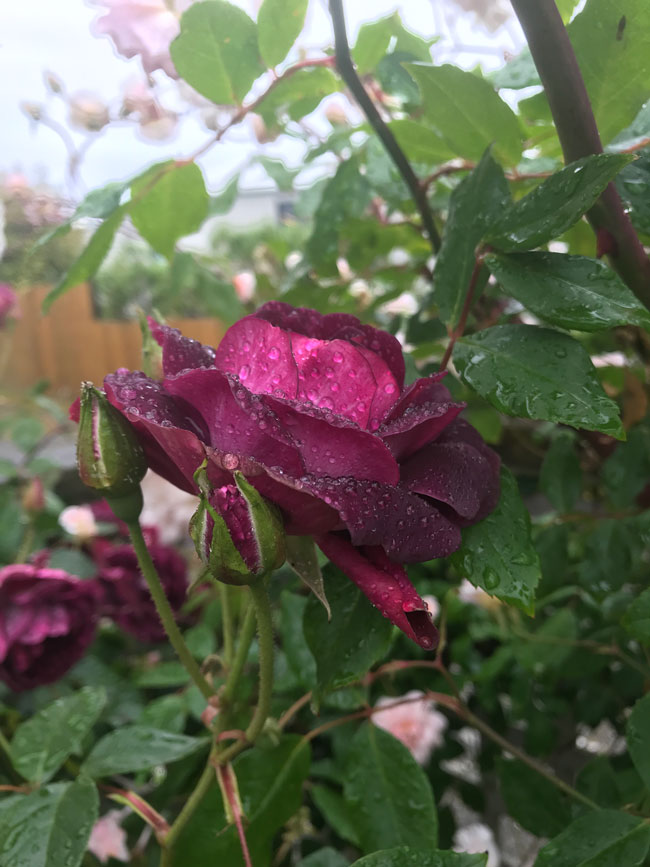Kia ora koutou, there’s no denying that most of the history we are taught or that we read or watch online has been viewed through a male lens. That what we read or see is a male view of a particular event.
While female historians and others have redressed the balance to some degree since the 1970s, because of the imbalance of educational opportunities for girls and women, past history will never be fully known by readers now. And because in earlier times large numbers of us were not taught to read – we were maids or cleaning women, we did someone’s washing, looked after other people’s kids, so why would we need to know how to read? Its worth repeating what I said at the PM wards.
‘Remember the two women who made it possible for Kate Sheppard to do what she did – the woman who did her washing and ironing and the woman who cleaned her house. Kate did a great job, I’m not disputing that, all I’m saying is that she was middle class, well educated, her husband had money, she had servants, all things that contributed towards her steadfast work on behalf of women’s right to vote.
The same one lens approach also applies to history written about Aotearoa. History is written by the winners so it is seen through their eyes, their interpretation, their spin and these writers were all middle class. This is why The Labour History Project is such an inspiration – there we can find working class history, the history of work in Aotearoa. Where else do we get to find out about cleaners?
If we have the stomach for it, we read those old works now and we are aghast at how naive we were to believe them. That they were promoted and promulgated through the education system, public information sources such as newspapers, magazines, books, TV, Radio, and inevitably, online seems like a bad dream.
Worse than that though is the stuff that comes with it. The you are same as me syndrome so we’ll just pretend you’re not there. Or we’ll dream up ways to make sure you know you’re not as good as us because we’re the real deal.
So while its great that the history of Aotearoa is going to be taught in schools let’s not forget there’s still a huge silence about the story of women, about the fact that we march to the drum of menstruation, pregnancy and menopause. Its not that historians don’t know these things, its that they’re not regarded as important. Life and history during the last ninety years sure as hell looks different to me than it does to a male my age.
For example when I think of the 70s I think Broadsheet, Whina Cooper, Eva Rickard, the push for the solo mother’s benefit, the heroic Dr Margaret Sparrow and her work toward a woman having charge of her own body, Sharon Hawke at Bastion Point. This was the decade publishers began to take notice of women’s writing. There’s a story waiting to be written about that.
So yes, I’m ecstatic that the history of Aotearoa will be taught in schools. I just hope its not as one–dimensional as the past.
Renee

